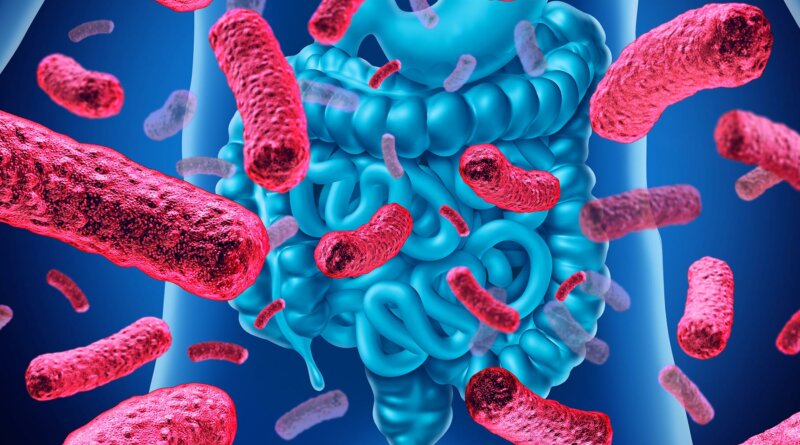Are You Eating Foods That Harm Your ‘Microbiome’?
“But I would say diet is the number one factor for adults,” said Dr. Emeran Mayer, a professor at the University of California, Los Angeles School of Medicine.
Mayer, who was not involved in the study, is author of the forthcoming book “The Gut-Immune Connection.”
He said he generally recommends a largely plant-based diet, choosing the particular foods based on individuals’ needs. Diet is the way to go, rather than taking probiotic supplements, Mayer said.
“There’s no way to get around the biology. You can’t eat a bad diet then take a probiotic,” he said. “You have to make a fundamental shift in your diet and overall lifestyle.”
Unfortunately, Mayer added, processed foods and other unhealthy choices are often cheaper, which makes it hard for lower-income people to eat healthfully.
“That’s a real problem,” he said.
The new findings — published online recently in the journal Gut — are based on more than 1,400 Dutch adults who answered questions on their diet habits and gave stool samples for a gut-microbe analysis. Some were generally healthy, while others had digestive disorders, including ulcerative colitis and Crohn’s disease.
Overall, the study found consistent links between fish and food from plants and anti-inflammatory gut microbes, including in people with digestive conditions.
Dr. Andrew Chan is a gastroenterologist at Massachusetts General Hospital in Boston and professor at Harvard Medical School.
Chan said evidence is growing that the gut microbiome is one important link between diet and disease risks.
But it’s likely that inflammation is only one part of the story, according to Chan.
Researchers are just beginning to understand the many roles of the gut microbiome, which some view as an organ unto itself, he noted. Much more work is needed to characterize how the microbiome might influence human health, and define what a “healthy” one is, Chan added.
For now, Weersma said these findings support current recommendations to eat more “whole” plant foods and fewer processed ones.
Chan agreed, but added that, ultimately, research into the gut microbiome could move experts away from one-size-fits-all advice. It’s becoming possible to individualize diets based on how a person, and his or her gut microbiome, respond to food, he said.




